Coconut Sugar: Benefits, Nutrition, Side Effects, & How To Make
Switch to this healthier alternative and manage your blood sugar levels effectively.
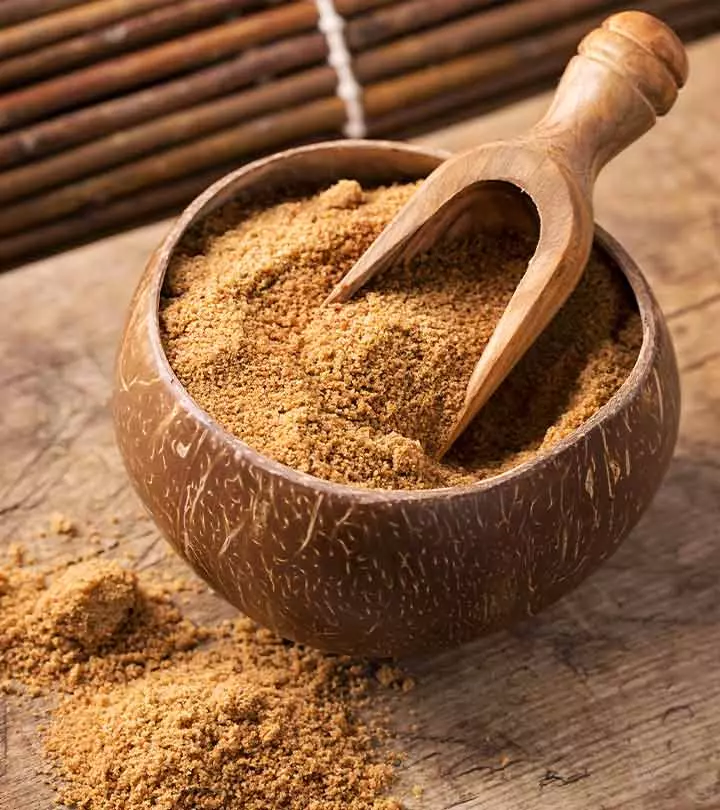
Image: Shutterstock
Many people avoid sugar to maintain their overall health or are switching to better alternatives like coconut sugar. The benefits of coconut sugar are getting attention from many health enthusiasts. It is unrefined, has a low glycemic index compared to regular white sugar, and takes longer to digest. Coconut sugar may prevent the spike in blood sugar levels up to a certain extent.
Read this article to learn more benefits of coconut sugar, its nutritional profile, and possible side effects. Scroll down.
In This Article
What Is Coconut Sugar And How Is It Made?
Coconut sugar is made from the sap of coconut trees. It is said to retain certain nutrients from the coconut palm and is used as a sweetener in many cuisines. It is unrefined has a low glycemic index when compared to regular white sugar.
Coconut sugar is made through a simple process. Nectar is collected from the coconut palm, mixed with water, and boiled until it attains a syrupy consistency. It is dried and allowed to crystallize, which is then broken down into sugar crystals.
A 2023 study revealed that the global palm sap sugar industry is projected to reach $1.7 billion by 2027 and is currently valued at $630 million. Indonesia is one of the major exporters of palm sugar and coconut sap products, with exports totaling 36.5 thousand tons worth US$49.3 million. Unlike other sweeteners, palm sap sugar production is concentrated in Southeast Asia.
 Trivia
TriviaWhat nutrients does coconut sugar have? Let’s find this out in the following section. Keep reading!
Nutritional Profile Of Coconut Sugar
100g of coconut sugar contain (1):
| Energy | 400 kcal |
| Protein | 0g |
| Total lipid (fat) | 0g |
| Carbohydrate, by the difference | 100g |
| Fiber, total dietary | 0g |
| Sugars | 80 g (sucrose) 3 to 8 g (fructose) |
| Sodium, Na | 240 mg |
| Fatty acids | 0g |
| Cholesterol | 0 mg |
| Ascorbic acid (vitamin C) | Trace amounts |
Coconut sugar is minimally refined, especially when compared with regular white sugar. So, what health benefits does it have? Keep reading to learn about them.
Potential Health Benefits Of Coconut Sugar
1. Helps Manage Glucose Levels And Post-Meal Sugar Spikes
Many people with diabetes prefer coconut sugar as an alternative to table sugar due to its low glycemic index. This sugar is also relatively less refined, and may potentially cause fewer sugar spikes.
In diabetic rats, coconut kernel protein was found to reduce the spike in glucose and insulin levels. It also normalized glycogen levels in the liver and the activities of carbohydrate-metabolizing enzymes (2). However, coconut sugar contains no protein. Hence, more studies are warranted to further understand this benefit of coconut sugar.
Other studies suggest that the xylose (sugar) in coconut controls postprandial (post-meal) spikes in glucose and insulin levels by acting as a sucrose inhibitor (3). However, more quality research is warranted in this regard.
2. May Promote Gut Health
Studies show that coconut sugar contains inulin (a starchy substance) (4). Inulin was found to modify the composition of gut microbiota and improve their function (5). It also improved satiety and intestinal discomfort, and decreased cravings for sweet and salty foods. However, more research is warranted to understand the benefits of inulin from coconut sugar.
 Quick Tip
Quick Tip3. Is Rich In Antioxidants
Studies show that coconut sugar retains many antioxidants, including ascorbic acid (vitamin C) (6). Ascorbic acid helps prevent damage caused by free radicals, reduces the severity of allergic reactions, and fights infections (7). However, coconut sugar contains only trace amounts of ascorbic acid.
4. Is Minimally Refined
Coconut sugar is usually unrefined, unlike other sugars. A study found that minimal refining of sugars may retain more nutrients (8). This may exhibit many beneficial effects on health. However, more extensive research is warranted in this regard.
5. Is Vegan-Friendly
Coconut sugar is generally considered to be a vegan-friendly, cruelty-free product. Regular refined sugar may go through a filtering process that includes animal bone char but coconut sugar is a completely plant-based ingredient that is made from the coconut palm tree sap. There is minimal processing and no involvement of animal byproducts. However, do check the ingredients’ list on the packaging as some manufacturers may opt for processing with bone char or animal-derived components. In addition, check for certifications on the label to confirm that the sugar is organic and that harmful chemical fertilizers or pesticides were not used in its production.
How does coconut sugar compare with other types of sugar? Are they different from coconut sugar? Let us understand in the following section. Here, you can also read about the benefits of brown sugar to better understand the complete subject.
Coconut Sugar Vs. Other Types Of Sugar
| Nutrients | Coconut Sugar(1) | Refined Sugar(9) | Brown Sugar(10) |
| Energy | 400 kcal | 401 kcal | 380 kcal |
| Protein | 0g | 0g | 0. 12 g |
| Total lipid (fat) | 0g | 0.32g | 0g |
| Carbohydrate, by the difference | 100g | 99.6g | 98.1 g |
| Fiber, total dietary | 0g | 0g | 0g |
| Sugars | 80g | 99.8g | 97 g |
| Sodium, Na | 240 mg | 1 mg | 28 g |
| Fatty acids | 0g | 0g | 0g |
| Cholesterol | 0g | 0g | 0g |
Excess intake of coconut sugar may pose potential risks. What are they? Continue reading to know them.
Potential Risks Of Coconut Sugar
1. Is High In Calories
Coconut sugar, although derived from a natural source, is still high in calories (equal to that of white sugar). Research links excess sugar intake with obesity and diabetes (11). Hence, consume it moderately (as suggested by your health care provider) and increase physical activity to avoid these side effects.
2. May Aggravate Coconut Allergies
Anecdotal evidence suggests that coconut sugar may aggravate coconut allergies. These are generally rare and are characterized by skin rashes, scratchy throat, severe abdominal pain, vomiting, and diarrhea (12). Discontinue its consumption and consult your doctor if you experience any of these symptoms.
3. Is High In Fructose
Coconut sugar contains high amounts of fructose (13). Research shows that excess fructose intake may cause insulin resistance, obesity, liver disorders, and diabetes (14). Hence, avoid excess intake of coconut sugar.
Coconut sugar may not be suitable for all. Listed below are a few healthy alternatives you may opt for.
Healthy Alternatives
- Date Sugar: It is made from raw dates. It is comparatively richer in vitamins and minerals.
- Light Brown Sugar: It has the same texture, color, and taste as coconut sugar.
- Sucanat: It is whole cane sugar with lesser sucrose content.
- Stevia: It is derived from the leaves of the stevia plant. It has no calories and is suitable for regular moderate intake (15).
Takeaway
Coconut sugar is natural unrefined sugar obtained from coconut sap. It has a low glycemic index coupled with the goodness of coconuts, making it a good substitute for refined white sugar. Coconut sugar benefits range from better gut health to regulated blood glucose levels. It is also replete with antioxidants like vitamin C that can help boost immunity and fight free radical damage. However, if consumed in excess, coconut sugar may lead to unwanted weight gain, increase the risk of diabetes, or trigger coconut allergies. Hence, if you experience any adverse effects, limit the consumption of coconut sugar or opt for healthier options like stevia, date sugar, or sucanat.
Frequently Asked Questions
Is coconut sugar better than regular sugar?
While both have the same amount of calories, coconut sugar is believed to be better as it is less refined and retains additional minerals. However, coconut sugar may also have negative effects if consumed in excess.
Can people with diabetes eat coconut sugar?
People with diabetes can take coconut sugar moderately as it has a few proven health benefits associated with diabetes (3). However, medical advice is highly recommended before starting its intake.
What is the healthiest sugar?
All sugars contain glucose, fructose, and sucrose, and may have negative effects if consumed in excess (16). However, unrefined sugar is considered healthier than refined sugar, though moderation is advised (17).
Key Takeaways
- Coconut sugar is minimally refined and has a low glycemic index.
- It may improve gut health, manage glucose levels and sugar spikes, and provide antioxidant benefits.
- However, it is high in carbohydrates and fructose, which are not good for your health.
While coconut sugar is considered a healthier option due to its slightly lower glycemic index and trace nutrients, it’s important to use any sweetener in moderation. Check the video below to understand how coconut sugar is made and if coconut sugar is really healthier.
References
Articles on StyleCraze are backed by verified information from peer-reviewed and academic research papers, reputed organizations, research institutions, and medical associations to ensure accuracy and relevance. Read our editorial policy to learn more.
- [HISTORICAL RECORD]:COCONUT SUGAR
https://fdc.nal.usda.gov/fdc-app.html#/food-details/520260/nutrients - Arginine rich coconut kernel protein modulates diabetes in alloxan treated rats
https://pubmed.ncbi.nlm.nih.gov/21050842/ - Coconut-derived D-xylose affects postprandial glucose and insulin responses in healthy individuals
https://www.ncbi.nlm.nih.gov/labs/pmc/articles/PMC3259296/ - CHARACTERIZING COCONUT SAP SUGAR AND SYRUP AS A PROMISING FUNCTIONAL FOOD/INGREDIENT
https://www.researchgate.net/publication/319284705_079_CHARACTERIZING_COCONUT_SAP_SUGAR_AND_SYRUP_AS_A_PROMISING_FUNCTIONAL_FOODINGREDIENT - Effects of a diet based on inulin-rich vegetables on gut health and nutritional behavior in healthy humans
https://www.ncbi.nlm.nih.gov/labs/pmc/articles/PMC6537941/ - Antioxidant properties of coconut sap and its sugars
https://www.researchgate.net/publication/282279556_Antioxidant_properties_of_coconut_sap_and_its_sugars - Vitamin C in Disease Prevention and Cure: An Overview
https://www.ncbi.nlm.nih.gov/pmc/articles/PMC3783921/ - Antioxidant activity nutritional and physicochemical characteristics and toxicity of minimally refined brown sugar and other sugars
https://www.ncbi.nlm.nih.gov/labs/pmc/articles/PMC7500760/ - Sugars granulated
https://fdc.nal.usda.gov/fdc-app.html#/food-details/746784/nutrients - Sugars, brown
https://fdc.nal.usda.gov/fdc-app.html#/food-details/168833/nutrients - Harmful effects of sugar consumption on health
https://pubmed.ncbi.nlm.nih.gov/30673177/ - Coconut Allergy Revisited
https://www.ncbi.nlm.nih.gov/labs/pmc/articles/PMC5664015/ - Processing of coconut sap into sugar syrup using rotary evaporation microwave and open-heat evaporation techniques
https://pubmed.ncbi.nlm.nih.gov/32337729/ - The negative and detrimental effects of high fructose on the liver with special reference to metabolic disorders
https://www.ncbi.nlm.nih.gov/labs/pmc/articles/PMC6549781/ - [HISTORICAL RECORD]: STEVIA
https://fdc.nal.usda.gov/fdc-app.html#/food-details/917968/nutrients - Impact of sugar on the body brain and behavior
https://pubmed.ncbi.nlm.nih.gov/29772560/ - Some nutritional properties of unrefined sugar and its promotion of the survival of new-born rats
https://pubmed.ncbi.nlm.nih.gov/3870685/
Read full bio of Avantii Deshpaande
Read full bio of Arshiya Syeda
Read full bio of Himanshi Mahajan





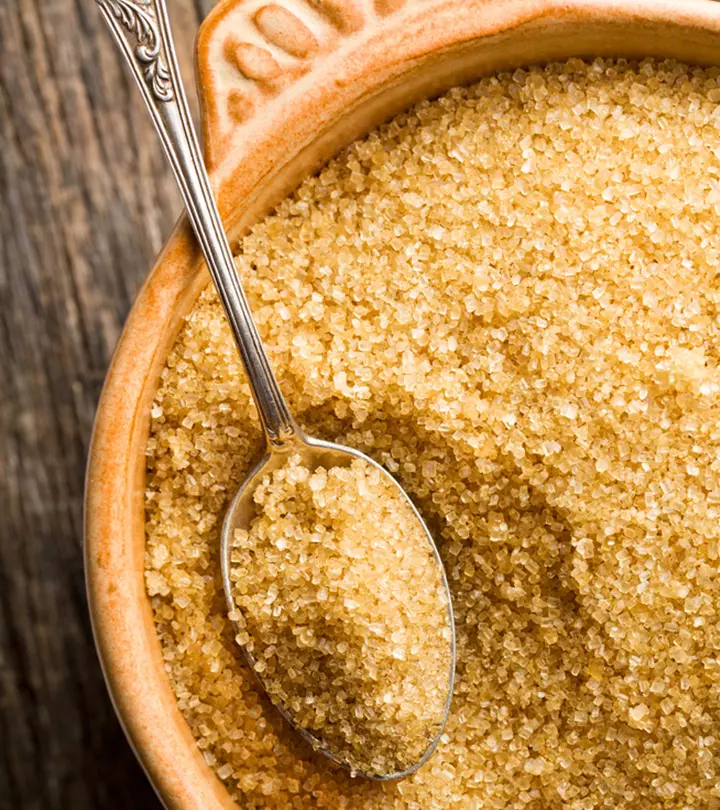
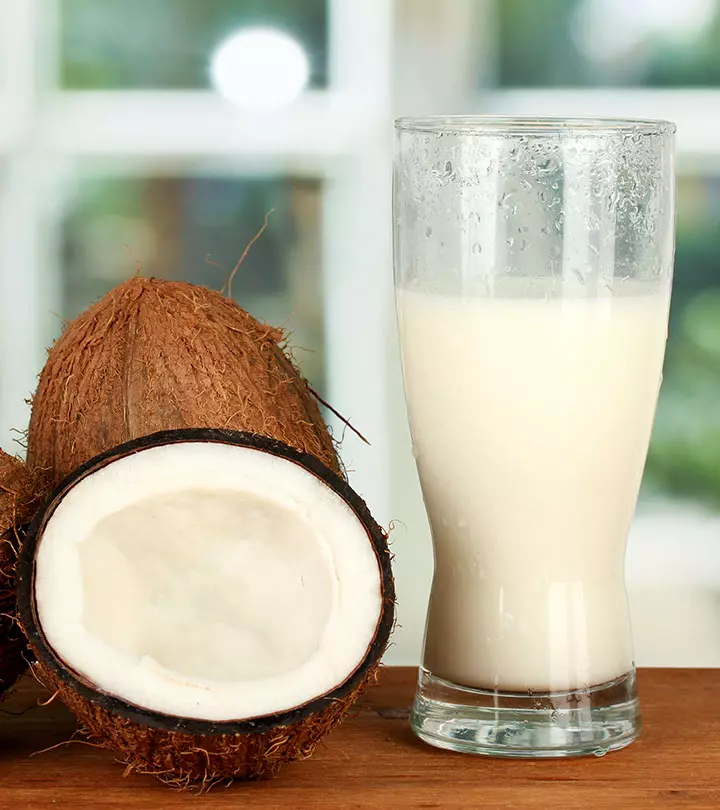
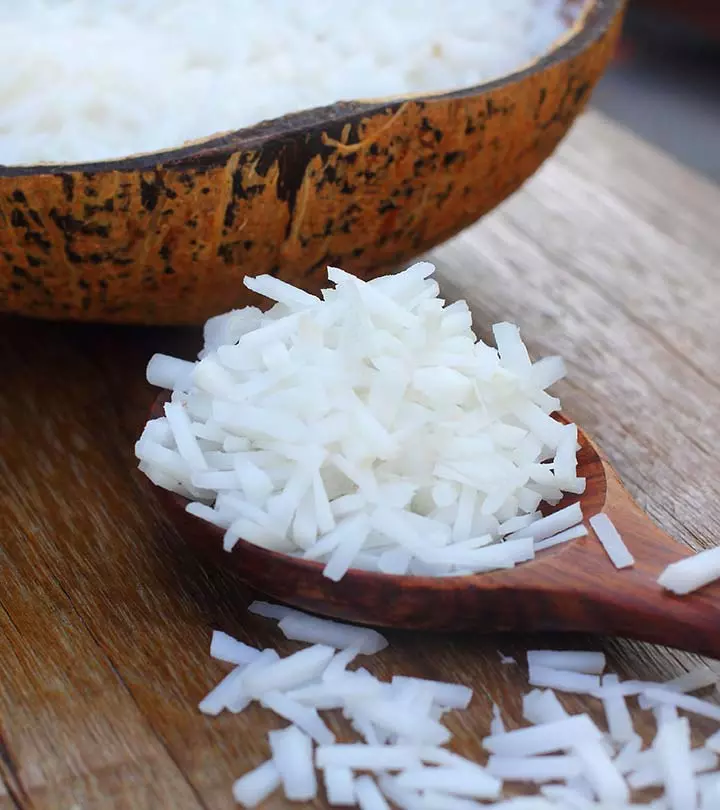
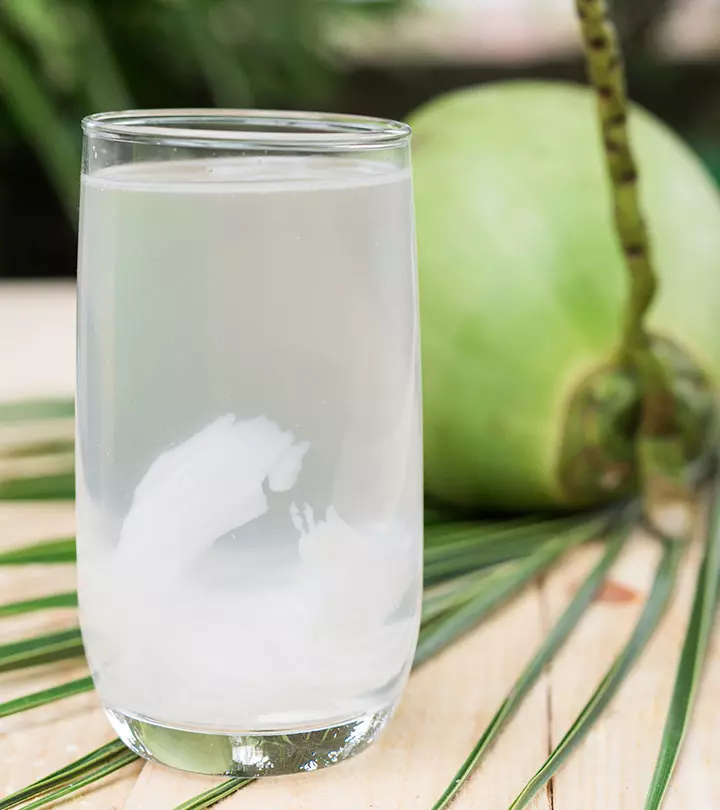
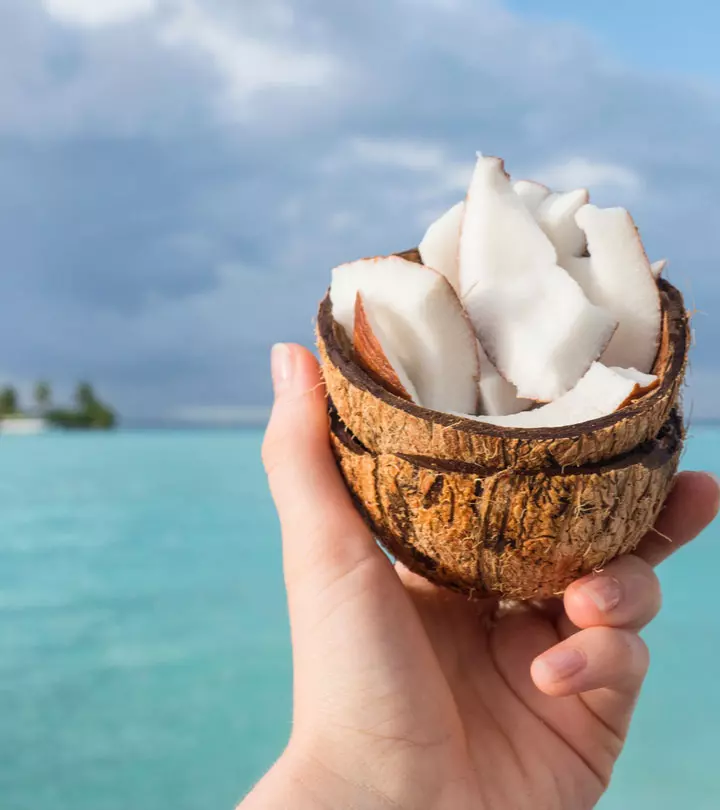
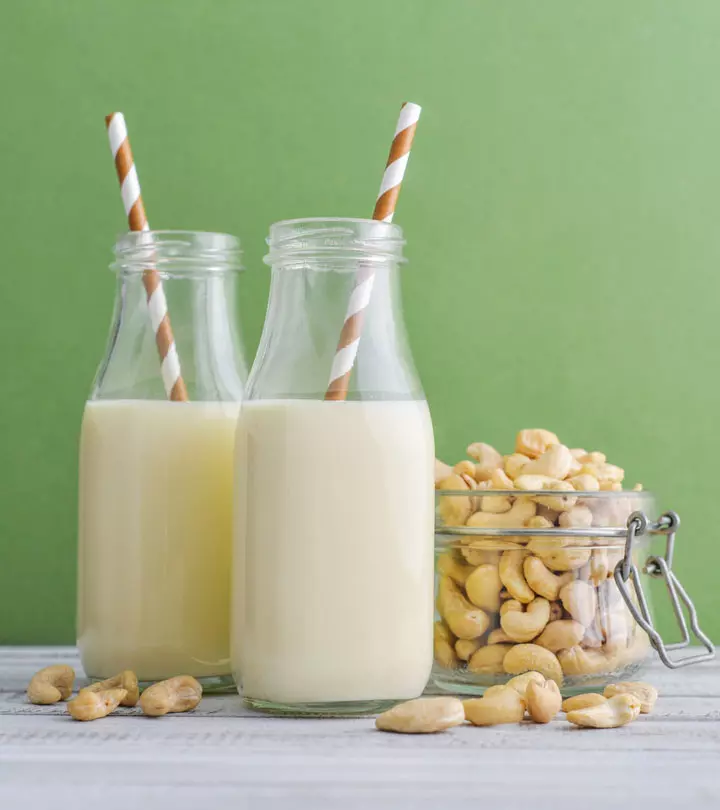
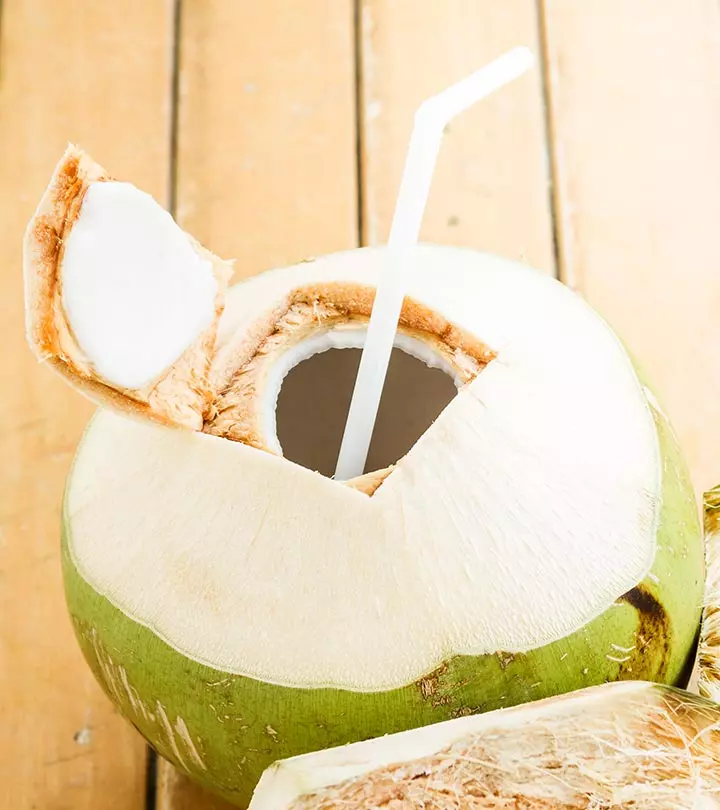
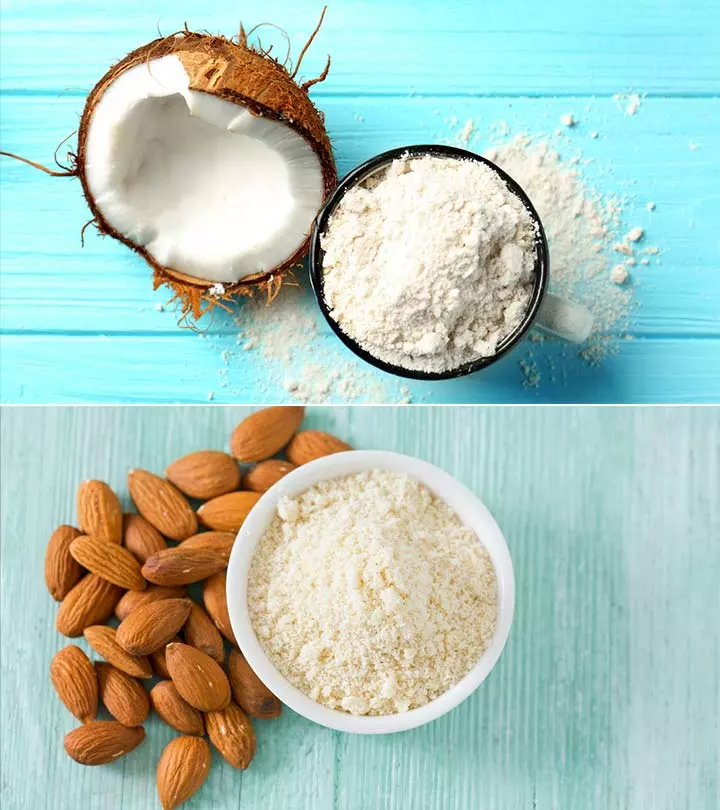
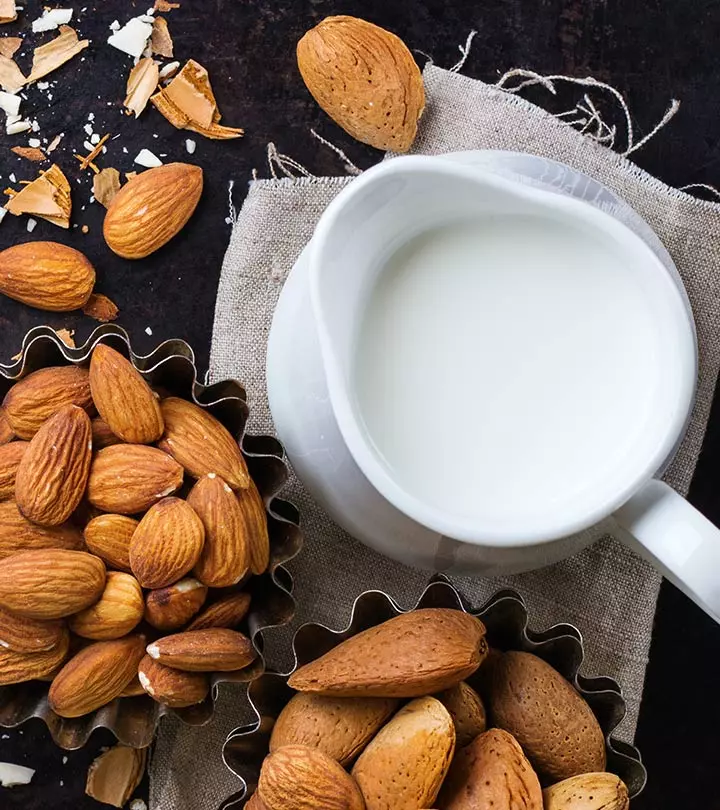
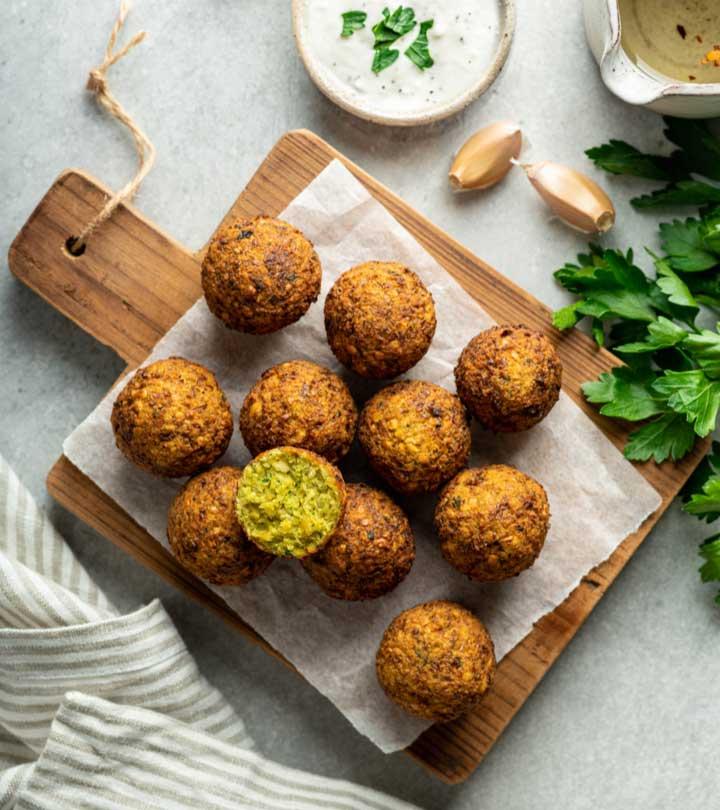


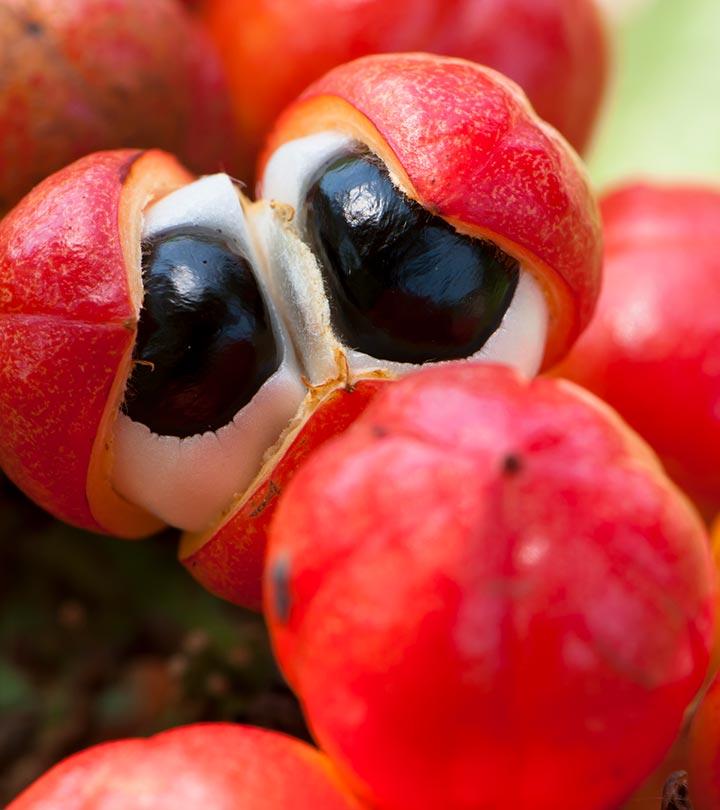


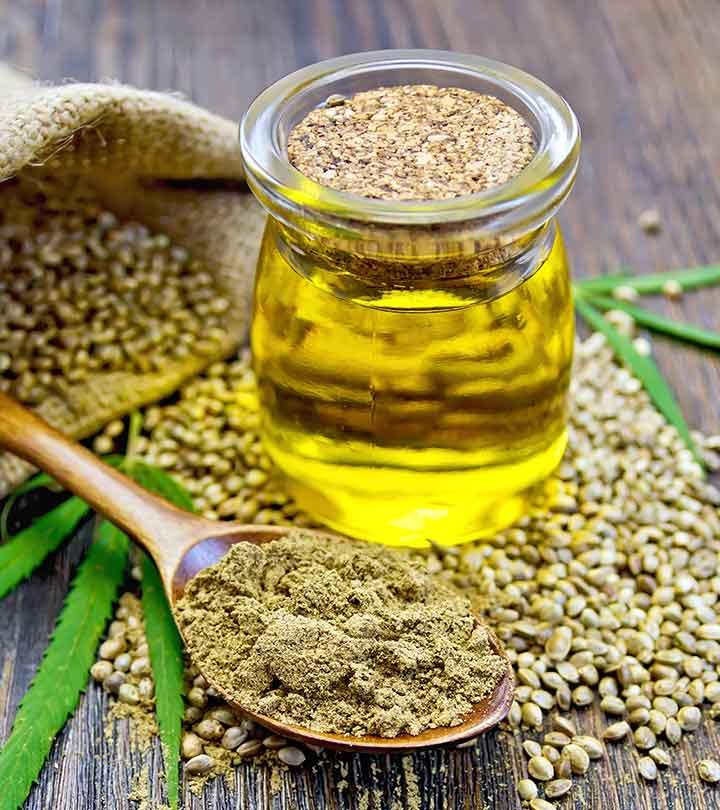


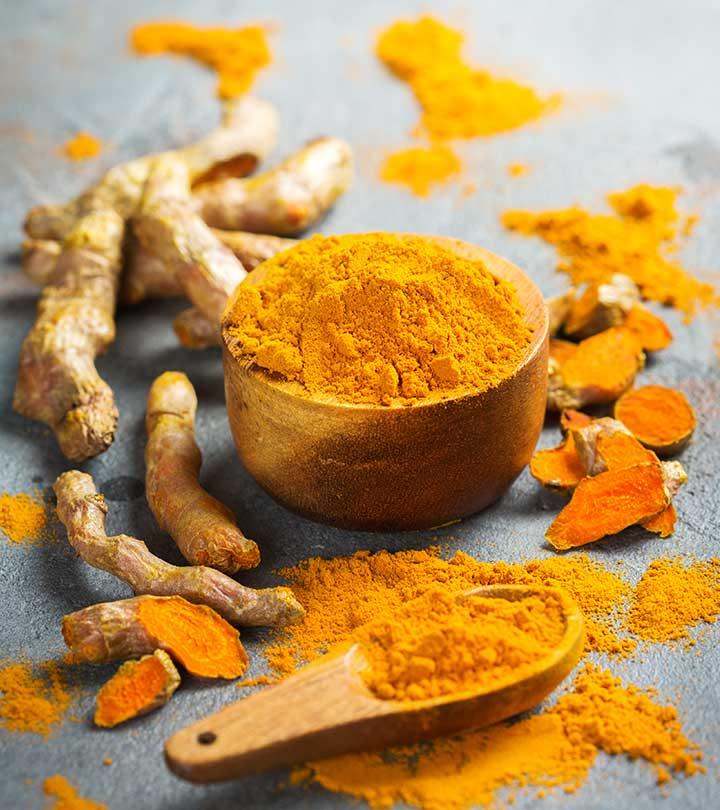


Community Experiences
Join the conversation and become a part of our empowering community! Share your stories, experiences, and insights to connect with other beauty, lifestyle, and health enthusiasts.